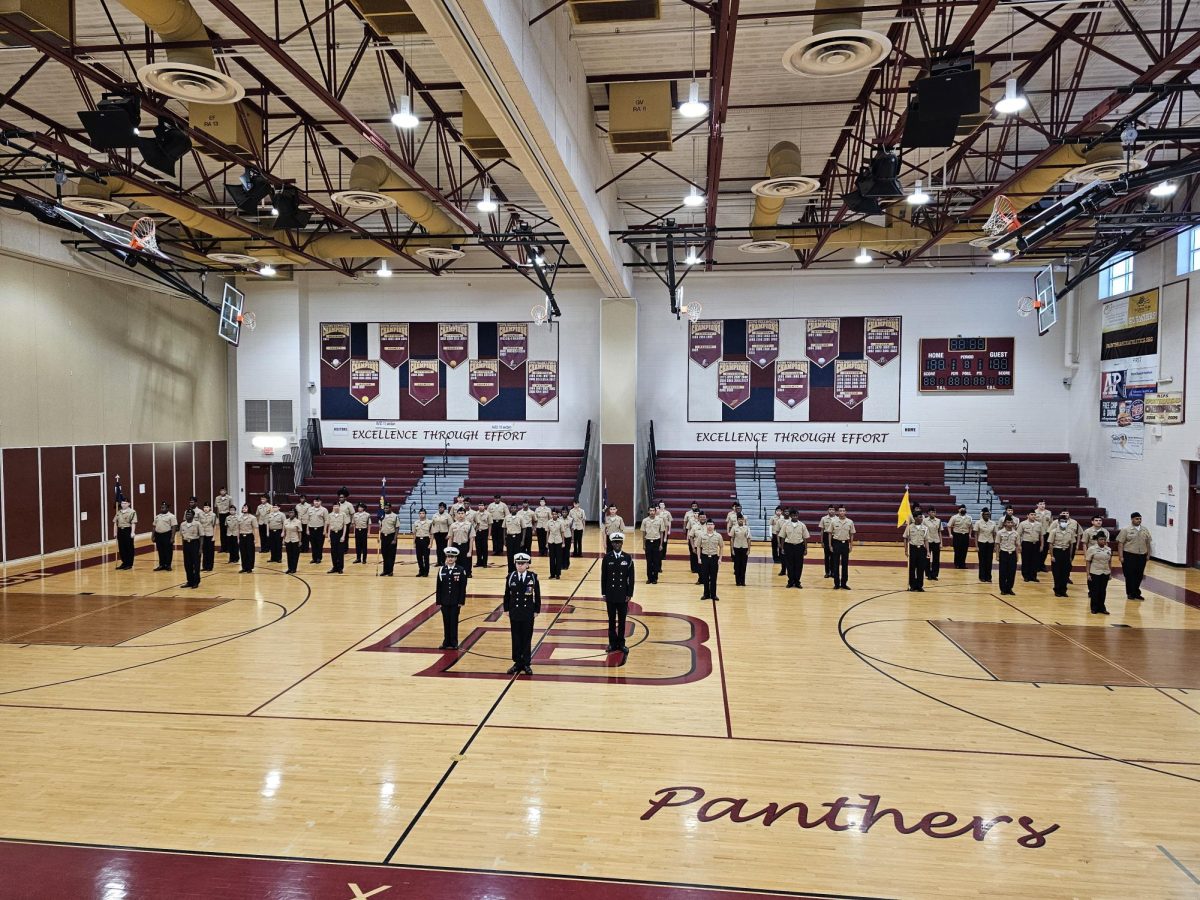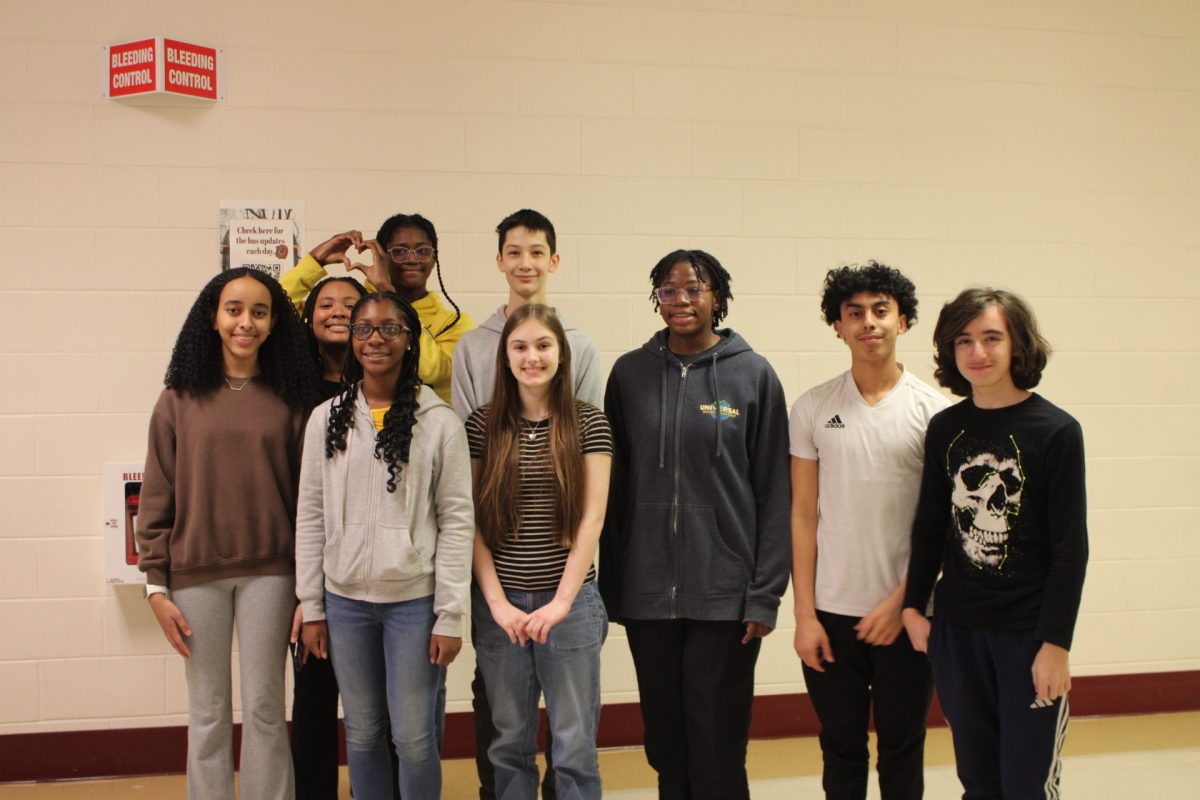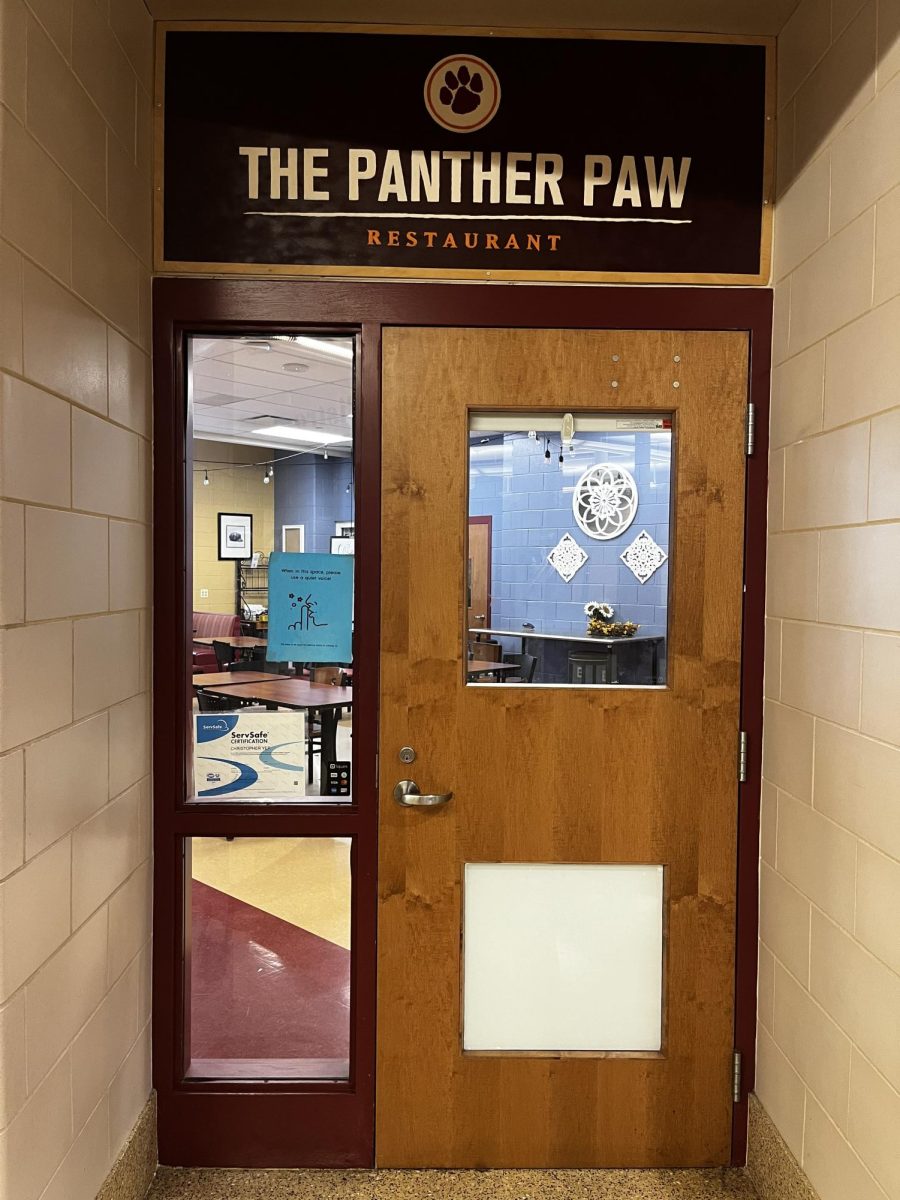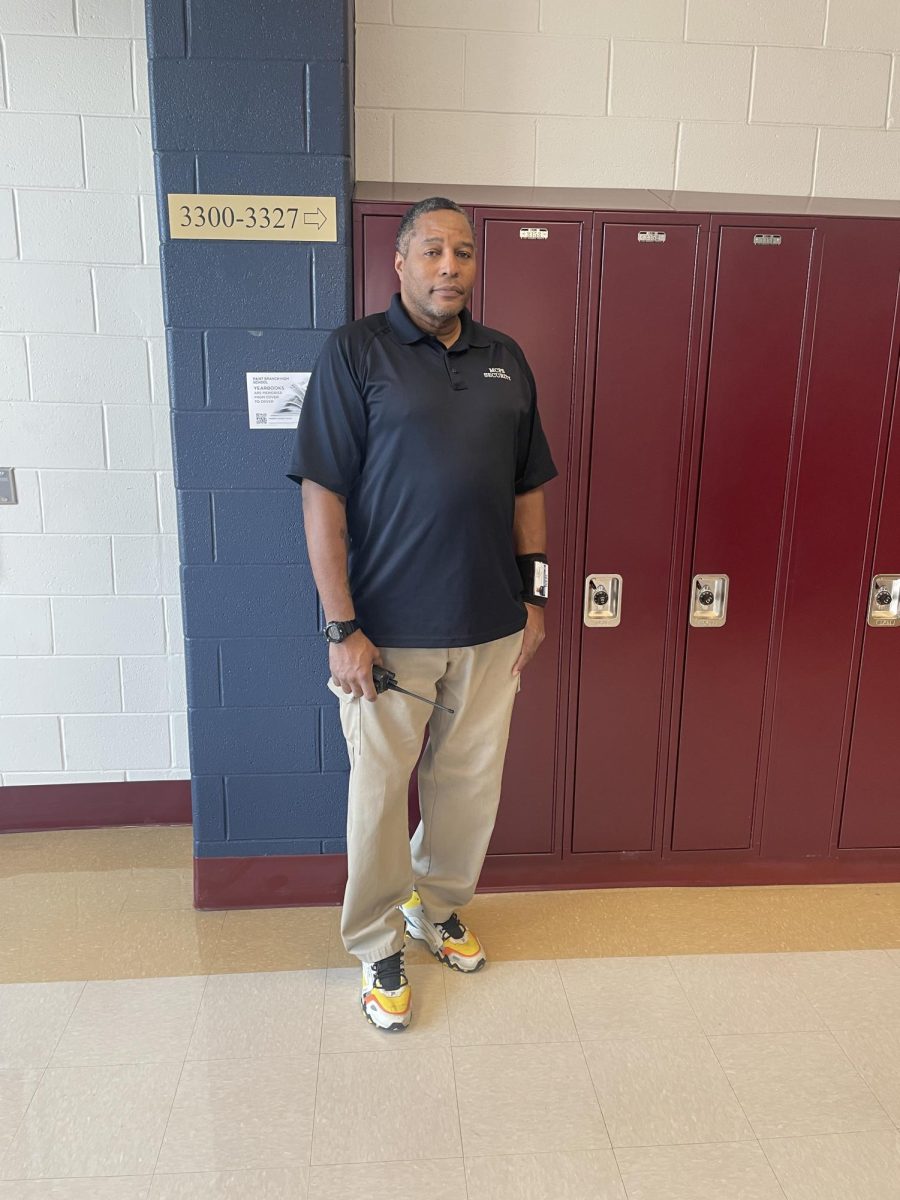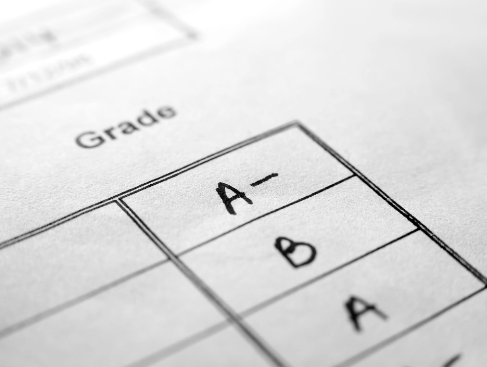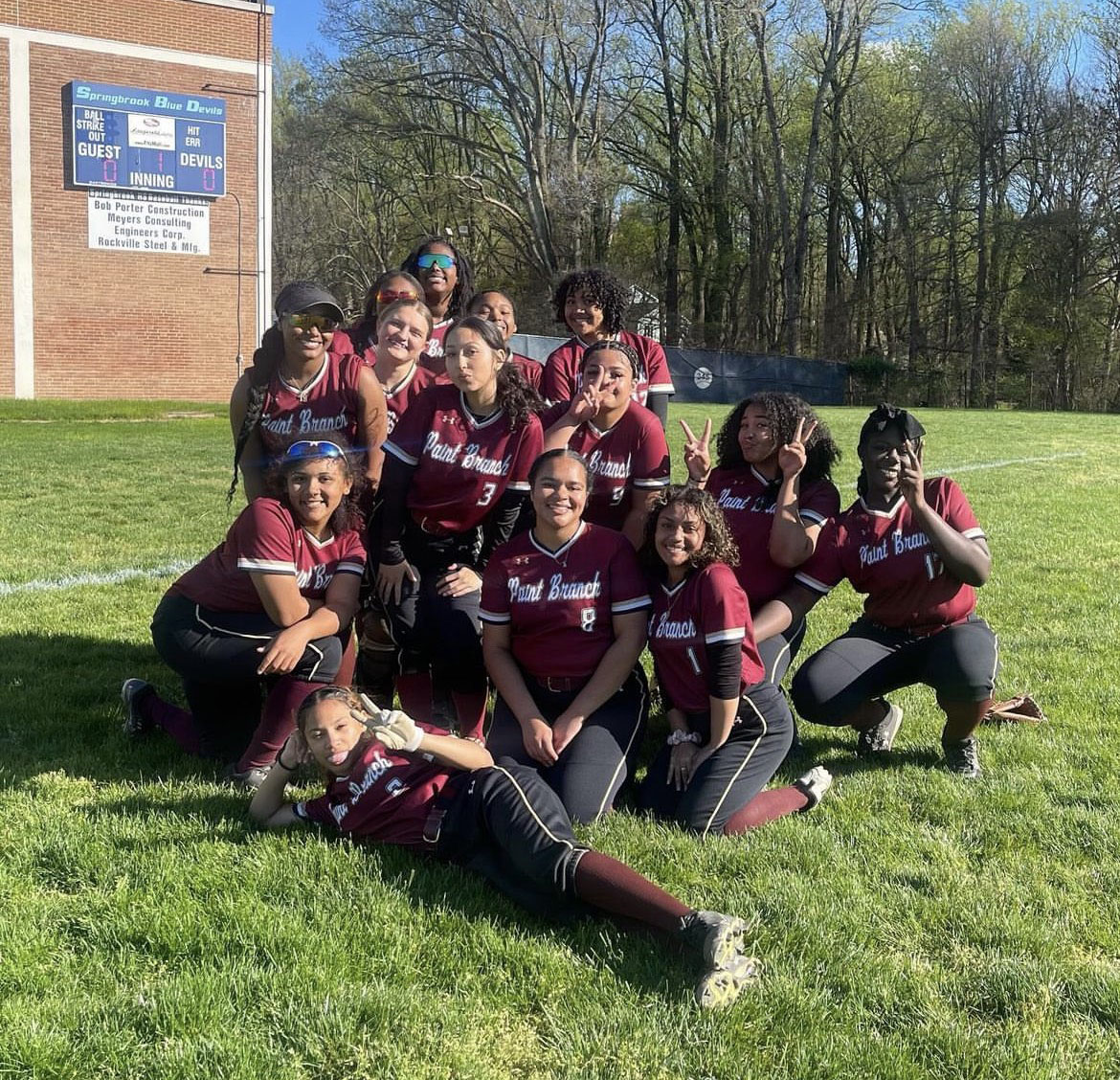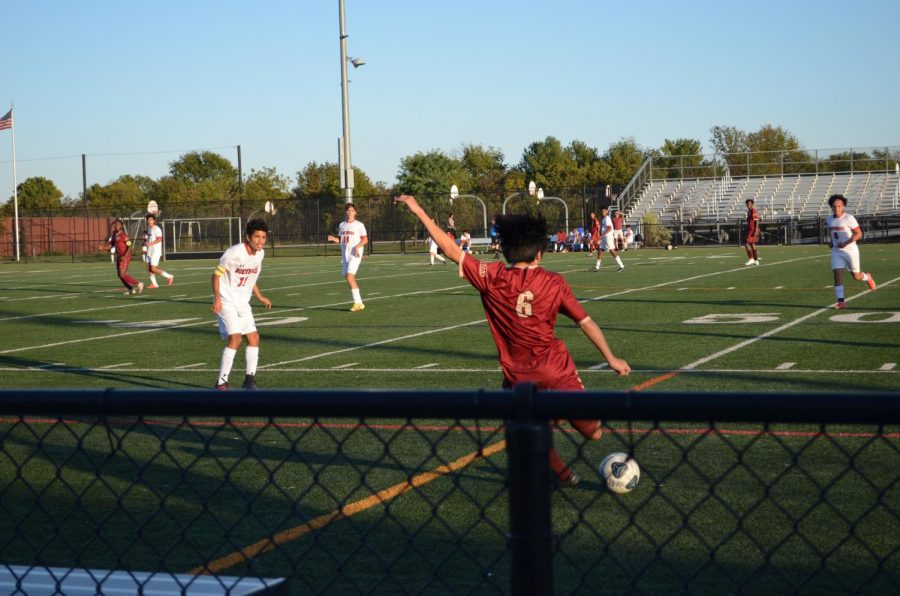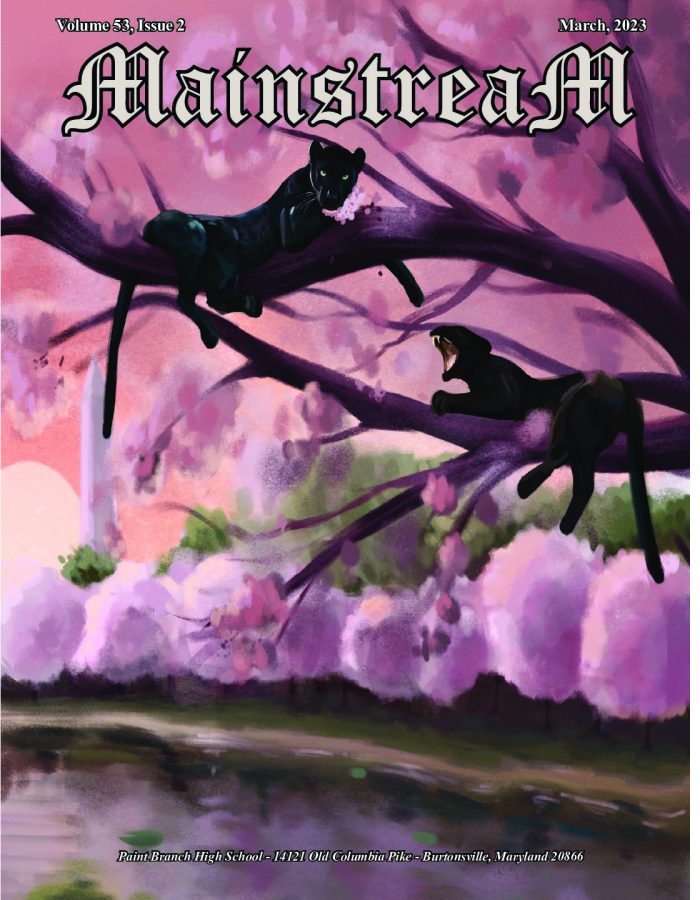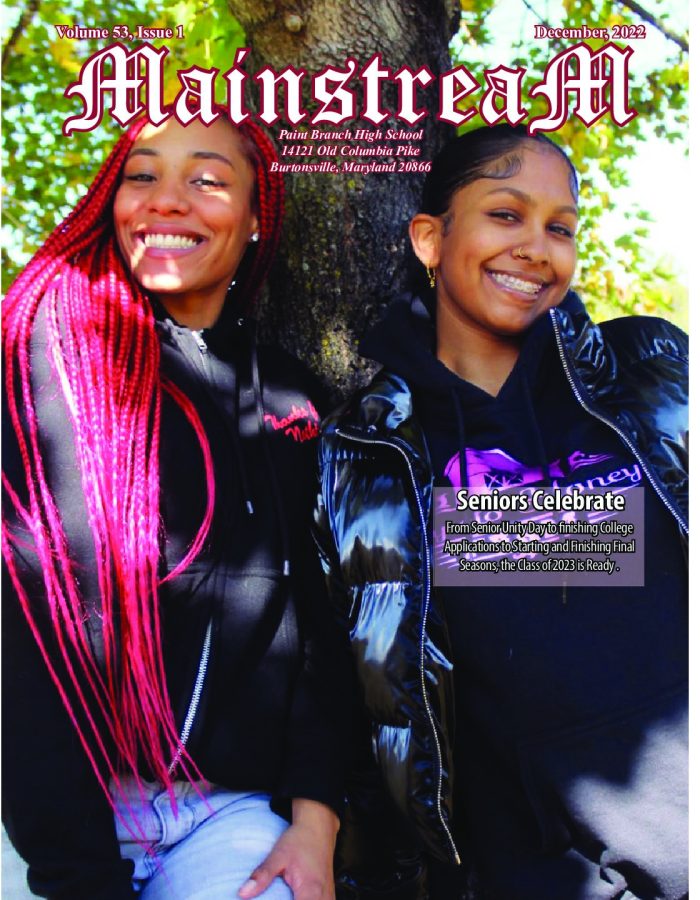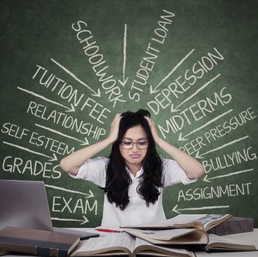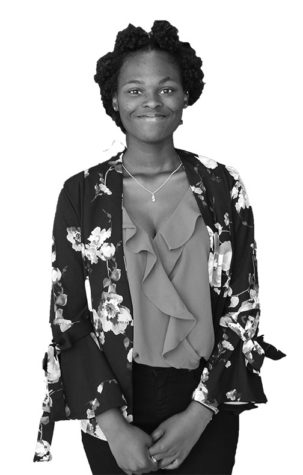Should Colleges Look at Admitted Students’ Social Media?
February 14, 2018
When applying for jobs or colleges there is often a lot that goes into the application process. From completing resumes and obtaining transcripts to completing the long and arduous forms and writing essay, the process is one that can affect even the hardest worker.
However, into this process falls something that we don’t need to file as a form, or write about in an essay: our social media profile.
According to Kaplan Test Prep, a college applicant’s online profile is an important area to many colleges. In fact, Kaplan reports that in a survey of more than 350 college admissions officers through the U.S, they found that 35% of the officers responded that they do in fact review applicant’s social media profiles in order to learn more about them.
Cecilia Callas, a writer for the University of Southern California student newspaper The Daily Trojan, thinks there should be restrictions on what college admissions officers look at on social media and how they interpret what they see. Callas states, “…should students be denied acceptance to their dream college and have their futures changed forever because of a picture they posted at the age of 16 or 17 years old? Absolutely not. And if any online inquisition were to take place, there must be regulations limiting it.”
Callas’ point is an important one, as she focuses on an important aspect of social media: youthful mistakes. How one uses social media as a sixteen or seventeen year old should not affect them significantly when it comes to college admissions.
Ultimately, as the Kaplan Test survey found, admissions officers examining a student’s social media profile can result in one of two things: one’s social media profile can improve an applicant’s chances of getting accepted or it can have a negative impact on one’s application. It seems fairly simple.
One’s social media profile need not be a scourge on a young person’s life, however. According to information provided by Kaplan from admissions officers who participated in the survey, there have been several incidents of positive postings on an applicant’s social media profile that shined through and enhanced their application. One officer stated, “ There’s such a negative stereotype of social media that people often forget about the positive effects of it. One student had won an award and had a picture with their principal on their personal page, and it was nice to see.” Another admission officer explains that, “One student described on Twitter that she facilitated an LGBTQ panel for her school, which wasn’t in her application. This made us more interested in her overall and encouraged us to imagine how she would help out the community.”
One student who has experienced the rigors of high school and the rigors of the college application is Paint Branch alumna Roshan Davis, a sophomore at Towson University. Asked how she feels about colleges using social media as a criteria for acceptance, Davis said that she, after some initial resistance, somewhat understands the idea. “Well, at first, it feels really invasive that they do that,” states Davis. “But then the more I thought about it, the more I realized that employers do the same thing. And it’s because you represent every institution you’re a part of. So, if you put something awful or hateful online, where anyone can see it, you’re ruining the institution’s image. Especially if you never bothered to apologize or show remorse.”
While young people like Davis may learn to accept the responsibility that comes with applying to college or for a job, for current high school students the idea that their social media profile could affect their application is less exciting. Paint Branch senior Prince Alayode, who has already been accepted into fifteen colleges, finds this idea quite unfair. “I wish that I had controlled myself with the stuff I posted, because there’s some stuff that can be taken out of context,” says Alayode, who goes on to explain, “…at a young age people aren’t worried about their life or their future and aren’t living in the present, so judging them based on their past isn’t fair.”
Natasha Singer of The New York Post found that 30 percent of admissions officers say that applicant’s social media profile has a negative impact. A fairly recent example of the pitfalls associated with people’s social media and college acceptance happened in June, 2017 at Harvard University. In this incident, the elite school withdrew acceptance from ten incoming freshmen due to some racist and sexist memes the group posted on Facebook.
NPR reporter Anya Kamenetz looked into this incident and found a few interesting pieces of information. As many high school students know, when you’re about to go to college there are different groups you can join online for schools. These online groups range from ones in which everyone loves a certain thing or is from out of state. In the Harvard incident, Kamenetz found that along with the 10 students who had their acceptance rescinded there were 90 others in the group chat. According to Kamentz, “The students in question, admitted in early December [2016] formed a group chat known variously as ‘General F**kups’ and ‘Harvard memes for horny bourgeois teens.’ At one time, it had as many as 100 members. They sent one another images with captions that were racist and anti-Semitic and that made light of pedophilia, among other offensive themes.”
Kamentz spoke with Jeremy Goldman from the Maryland School Counselor Association who stated that the Harvard incident does not represent how all schools respond to student online profiles. Goldman told Kamentz, “Most students attend community colleges and public universities that don’t care what memes their admitted students post online.”
Goldman went on to say “…we reinforce messages to students to be positive digital citizens in all contexts. Inappropriate, offensive and threatening posts have a much greater impact on students’ and their peers’ emotional and social well-being than … on college admissions.”


